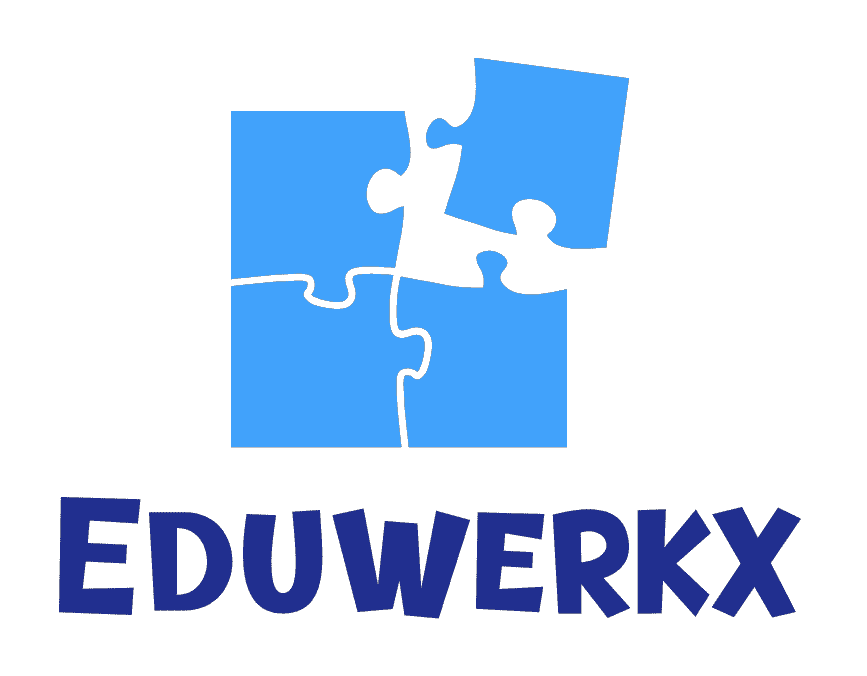Many people become frustrated when they struggle to recall important information, often believing they have no control over their memory or that they are missing some secret technique. The truth is, the brain isn’t being stubborn or uncooperative when it discards information – it’s actually doing its job perfectly. Our brains have evolved over millions of years to be highly selective about what it retains and this selectivity is crucial for optimal functioning.
Our eyes alone process an incredible amount of information every second – from the endless objects around us to the countless faces we see on the street. If our brains were to constantly retain all these incoming information, it would quickly overwhelm our cognitive functions. The sheer amount of data would put immense pressure on our mental capacity, crippling our ability to think clearly and causing significant stress. Fortunately, our brains have evolved to filter and prioritize information, allowing us to focus on what’s important and protecting us from sensory overload.
Without this filter, the constant strain on our cognitive resources can have lasting, harmful effects on our mental and emotional well-being. This makes us more susceptible to stress, anxiety and burnout. However, when the brain decides to retain information, it can store key details for remarkably long periods after seeing it just once, helping us to recall essential skills and knowledge exactly when we need them most.
In today’s competitive academic environment, there has always been an emphasis on achieving immediate and measurable results. This focus has led to the widespread adoption of learning techniques designed primarily for short-term success. The appeal of these learning techniques is understandable. These methods, such as active recall, spaced repetition or chunking, often show immediate improvements in academic performance.
Parents, educators and researchers frequently observe quick progress in test scores among students. However, what is often left unsaid in the research is that these techniques may not always lead to true understanding and the knowledge tends to fade over time without continuous reinforcement. Furthermore, these methods do not nurture essential skills like critical thinking, creativity and problem-solving.
Imagine a beautiful computer that looks impressive on the outside — the sleek design, the glowing keyboard and the high-resolution display — yet without adequate RAM or a strong processor, it will not deliver the performance and functionality you need. Similarly, accumulating a collection of learning techniques and impressive test scores may project an image of success, but they often conceal deeper issues that can significantly affect a child’s long-term development.
The Hidden Consequences – It’s More Than Just Stress
Have you ever felt that learning or studying is far more draining than other activities in your life? The reason lies in your brain functioning normally versus being in overdrive. When students use unnatural methods to remember information, they are essentially forcing the brain to hold onto information it would naturally discard. These methods attempt to override the brain’s natural filtering system and the brain perceives this forced retention as an unnatural demand.
Similar to forcing a river to flow upstream, the brain enters into a state of sustained cognitive strain when forced to act against its natural tendencies. Just as a river cannot flow against its natural course without immense force and constant intervention, the brain struggles to maintain prolonged, unnatural cognitive exertion. This unnatural demand depletes mental resources rapidly, resulting in mental fatigue, reduced efficiency and a diminished capacity for genuine learning.
The continuous, excessive mental load required for using unnatural techniques leaves the brain with little resources to allocate to other critical functions. Curious about what research reveals about suppressing brain functions in an actively developing child? Like and follow for more in part 9.
#StressAndMentalHealth #ParentingChallenges #MentalWellbeing #eduwerkx #edtech #aitutor #education #resilience #learning #Engagement #PositiveEngagement #DestructiveEngagement #NegativeEngagement
